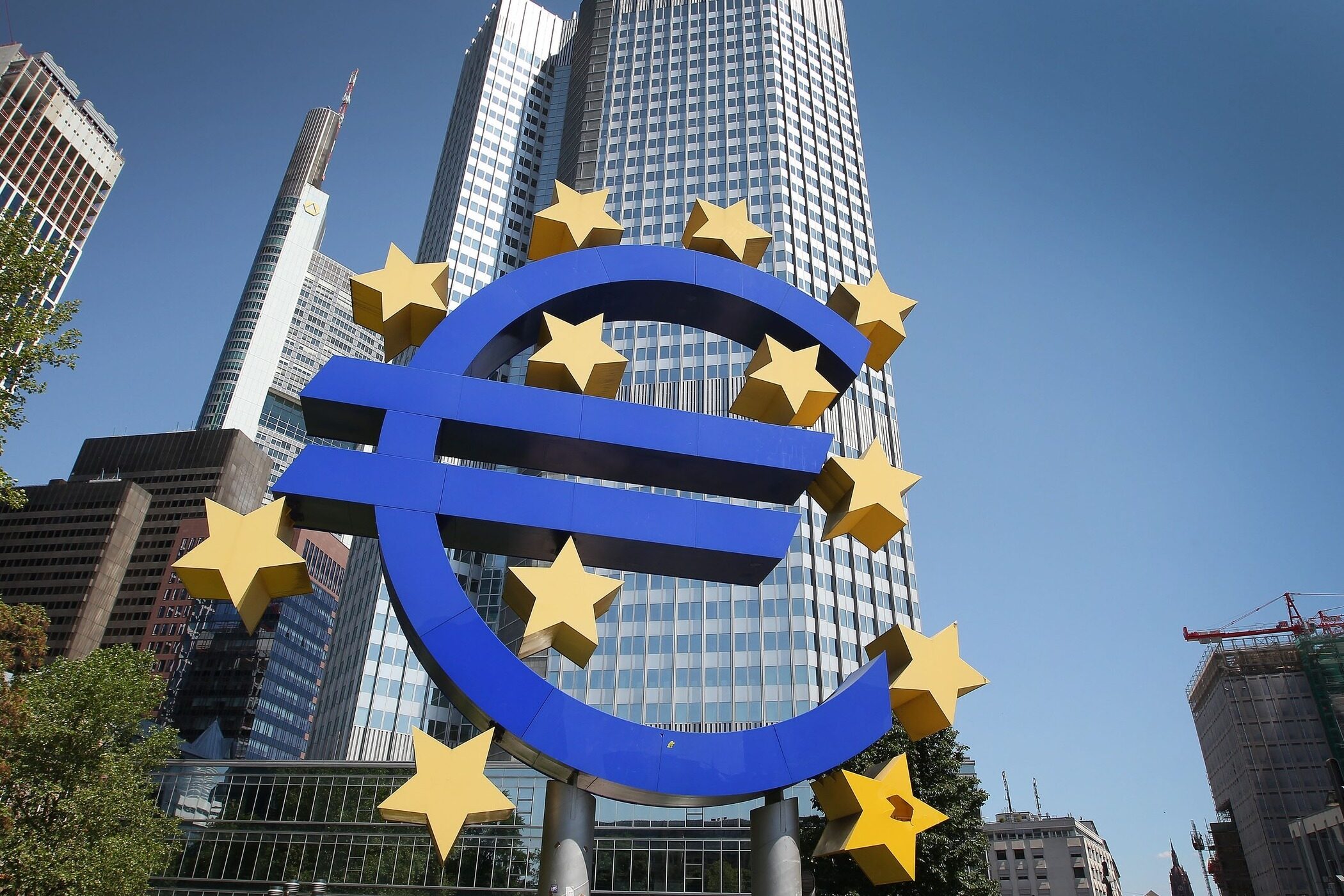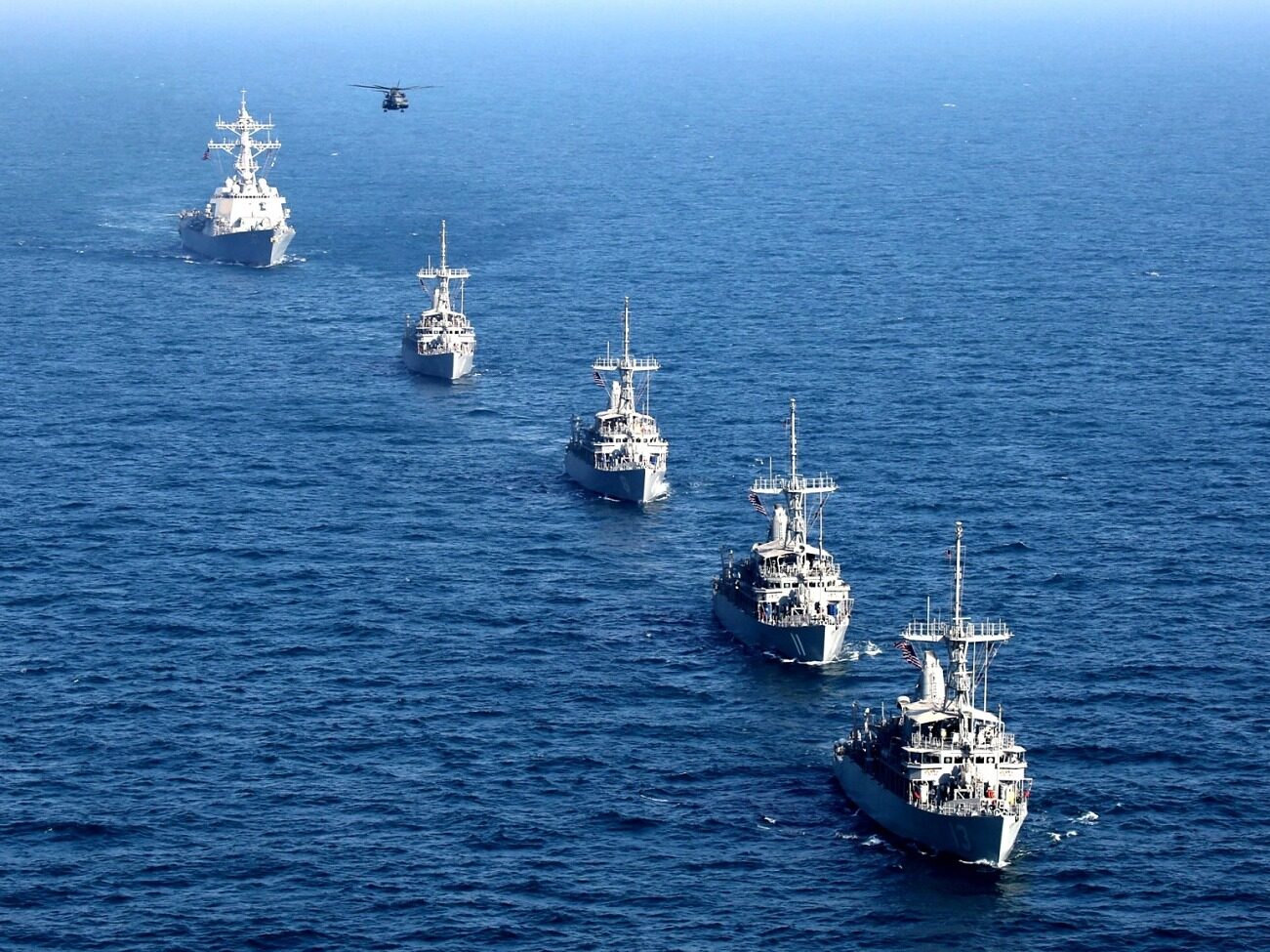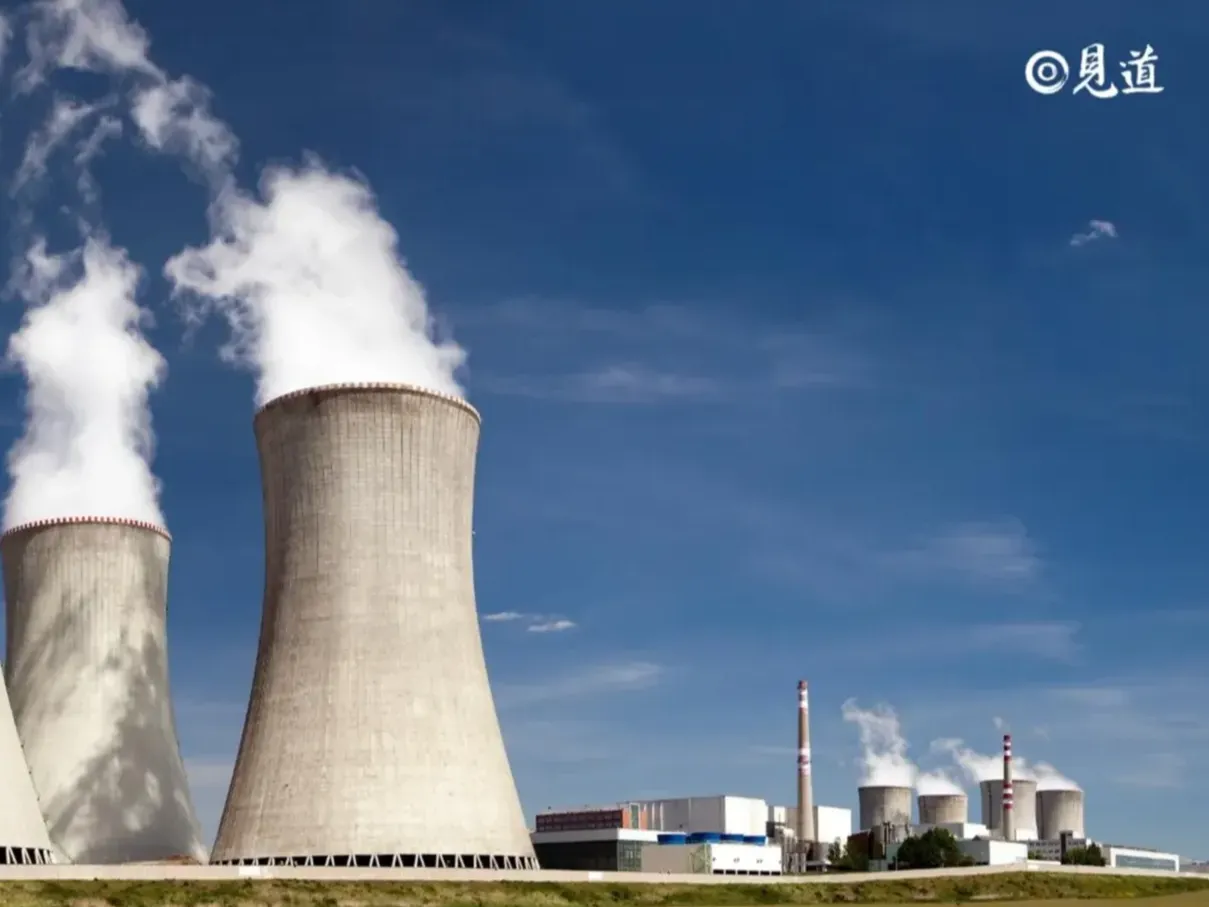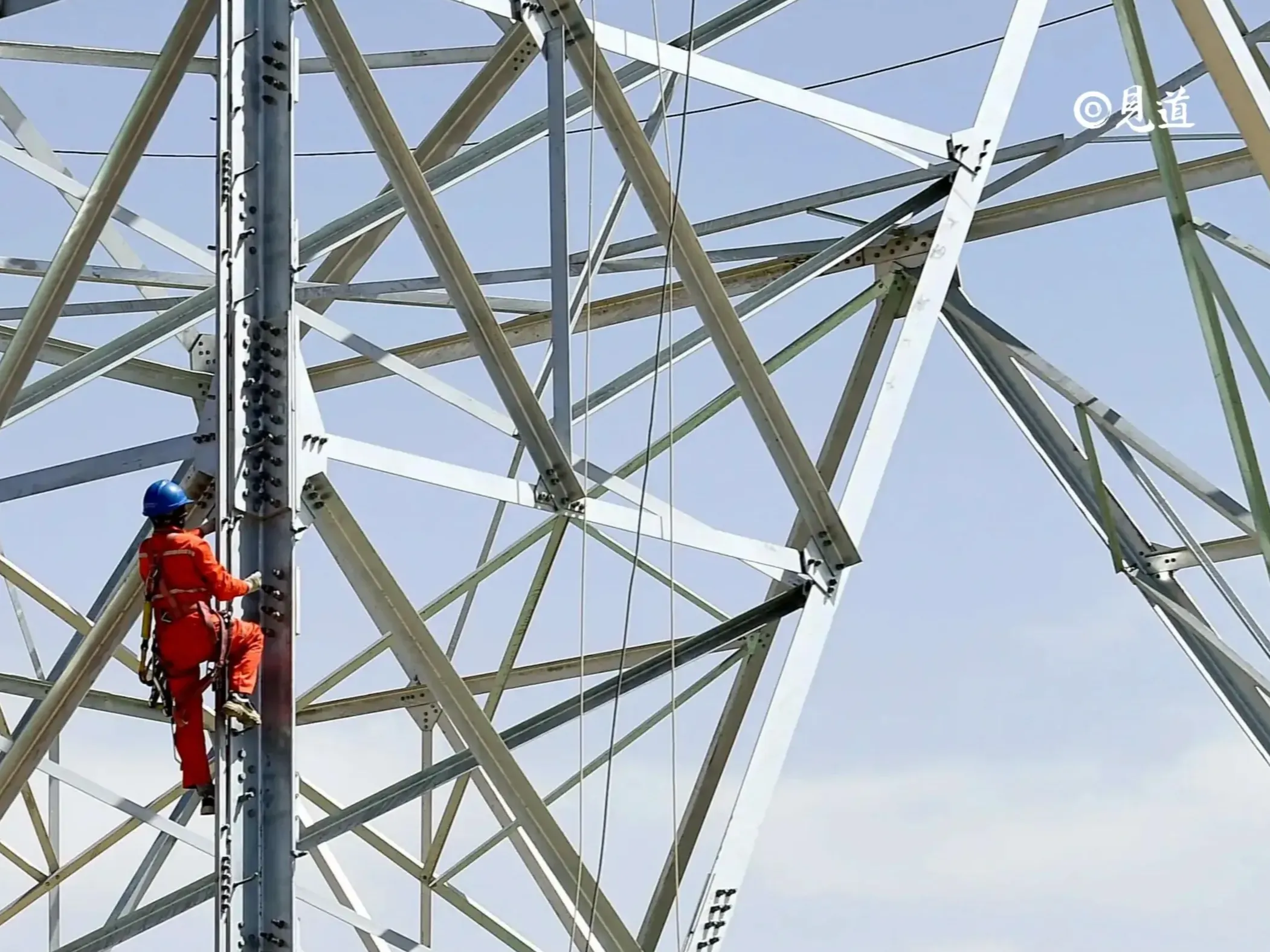- As China gradually takes up a major role in the global social economy, the EU has begun to adjust its judgment on the world

With the rise of China and playing an important role in the world structure, after the outbreak of the new crown epidemic, the EU's perception of the world has changed. On this basis, the EU has "repositioned" EU-China relations, which means that Europe's judgment on EU-China relations is undergoing a qualitative change. How to judge the direction of EU's China policy in the future? First of all, the EU's emphasis on the competitiveness of China-EU relations in the future means that the development of bilateral relations will not be smooth, and we need to manage them well. Secondly, the EU will continue to bet on both sides between China and the United States, and they will simultaneously strengthen dialogue and coordination with the United States and China. Third, as Europe and the United States still have strategic mutual distrust, we can still find room to promote the development of China-EU relations.
The whole of Europe, especially the European Union, is constantly changing its judgment on the international situation and Sino-European relations. The new crown epidemic has accelerated their renewal of knowledge. I have observed in the past that Europe’s perception of changes in the international situation has always been half a beat slower than that of the United States. For example, after the outbreak of the international financial crisis in 2008, the American intellectual community soon appeared to severely criticize the neoliberal international order, but European political elites and The mainstream intellectuals still feel that "the years are quiet and good" and believe that Americans are unreasonably worried. Until June 2016, the EU issued two important policy documents, one is the "Global Strategy for EU Foreign and Security Policy" and the other is "New Elements of the EU's China Strategy." The views of these two documents show that at the time the EU decision-makers still believed that neoliberalism represented the future evolution direction of the international society, and that global governance could move forward smoothly.
But just a few days after the publication of these two documents, the United Kingdom voted to leave the European Union and Trump won the election at the end of 2016, which shocked the political elites in Europe. Their inherent ideological system was severely shaken and their original strategic perceptions. Gradually disintegrated. From then until the new European Commission came to power at the beginning of 2020, European elites experienced a painful period of self-reflection, adjusting their judgments about the world, and adjusting their understanding of the strategic positioning of Europe, the United States, and EU-China relations. From 2017 to 2019, the European Commission led by Juncker issued a series of documents and began to reflect on globalization.
After the outbreak of the new crown epidemic, what specific changes have been made in the EU's perception of the world?
First of all, they believe that the globalization and European integration promoted by neoliberalism have suffered severe setbacks, and the return of traditional geopolitics and power politics dominated by power struggles among major powers is shaping the direction of the world for a period of time in the future. The European Union no longer has full confidence in economic globalization, no longer insists that Europe's regional integration path represents the evolution direction of the world, and no longer holds high the banner of liberalism.
Secondly, the European Union believes that economic nationalism has become an important policy intention of major powers in the world in handling foreign relations, so it embarked on implementing a new policy framework with "European strategic autonomy" as the core and including "European economic and technological sovereignty", emphasizing the need for autonomy. Take control of cutting-edge technology and frontier industries, strengthen trade protection and investment review, and enhance its independence from the United States and NATO.
Third, the European Union realizes that it has underestimated the speed and depth of China's rise, and believes that Europe is in the cracks of strategic competition between China and the United States, and is very anxious about this. Europeans now recognize that China’s rise is the “biggest variable in geopolitics” and it is also the “biggest challenge” to Europe. They feel that they are “not human” between the United States and China.
Fourth, the EU still emphasizes the importance of ideology and emphasizes the integration of "value diplomacy" and "economic diplomacy".
On the basis of these cognitive changes, the EU's decision makers “repositioned” EU-China relations, calling China an “economic competitor”, an “institutional rival” and a “negotiator in global affairs”. At the same time, it continues to recognize China as a "strategic partner" of the European Union. The promulgation of these four positionings means that the European political elites' judgment on EU-China relations is undergoing a qualitative change. We can infer from this that the European Union and major European powers no longer regard China as a true strategic partner, but clearly regard China as a “strategic competitor”, and they focus more on competitiveness and confrontation when handling their relations with China. Rather than being cooperative, it merges with the United States' perception of China's strategy.
In the past, we often compared economic and trade cooperation to the "ballast stone" of Sino-US relations, but later discovered that economic and trade relations have become a source of conflict. In fact, this phenomenon has also occurred in China-EU relations, and economic and trade frictions are increasing. However, there is another significant change, that is, European powers are increasingly emphasizing "strategic autonomy", which means that in the new pattern of strategic competition between China and the United States, Europe must strengthen its own subjectivity and begin to implement a regional economic nation. Ethics and self-advanced security strategy. The Europeans have a very clear saying: "What are modern Europeans most worried about? The competition between the United States and China regards Europe as an arena. Europe should turn itself into a competitive player in the strategic competition between China and the United States, not an arena. "This is an obsession that European political elites can hardly let go of.
How to judge the future direction of EU's China policy? First of all, the EU's emphasis on the competitiveness of China-EU relations in the future means that the development of bilateral relations will not be smooth, and there are many uncontrollable factors that require us to manage them well. Secondly, the EU will still uphold the opportunism and trader mentality of betting on both sides between China and the United States. They will simultaneously strengthen dialogue and coordination with the United States and China. Third, since there is still strategic mutual mistrust between Europe and the United States, we can still find room to promote the development of China-EU relations and make a difference in promoting coordination and cooperation between the two sides. Editor/Xu Shengpeng
Comment
 Praise
Praise
 Collect
Collect
 Comment
Comment
 Search
Search














Write something~